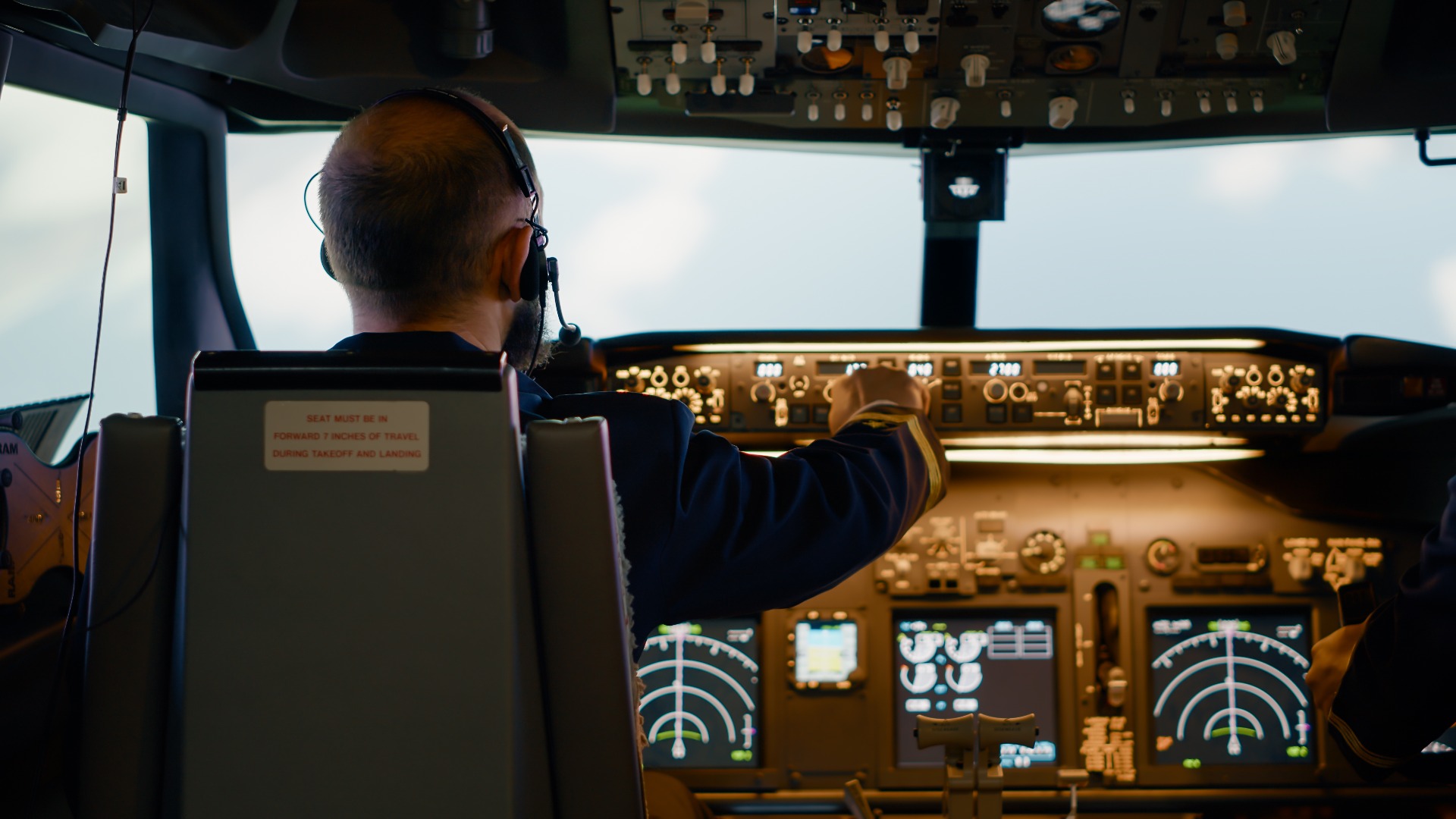
Safety Concerns Raised by U.S. Pilots Following Recent Incidents

In the backdrop of a surge in close-call episodes within the aviation sector this year, seasoned airline pilots in the United States are issuing a stark warning about this predicament.
Their apprehensions loom large as the holiday travel season approaches swiftly.
Given the persistent scarcity of pilots and record-setting air travel, numerous aviators are asserting that aviation safety has been jeopardized. While there have been at least six notable near-miss incidents this year, it has come to light that many more have transpired without being brought to public attention.
Personnel Shortages
A mounting number of proficient airline captains, it is reported, are being compelled to retire at the age of 65, which has placed a strain on airlines striving to bridge this void, significantly impacting training endeavors. Most air carriers have grappled with the challenge of attracting and retaining high-caliber pilot candidates, resulting in promotions for several pilots with comparatively shorter tenures. Members of the organization "Let Experienced Pilots Fly" conveyed on Tuesday that "the situation is untenable" when "taking into consideration the absence of on-the-job guidance by more seasoned mentors."
The organization pointed out that it has observed a swift escalation of pilots assuming roles with heightened responsibilities or duties beyond their traditional experience levels. Current regulations stipulate the presence of at least two pilots in the cockpit, but it is increasingly commonplace for both pilots to possess a combined experience that falls short of previous standards in today's aviation landscape.
Preserving the Safety Record
While many pilots have retired due to age-related factors, airlines have simultaneously grappled with meeting heightened travel demands following the pandemic, leading to relatively inexperienced pilots assuming roles without comprehensive training or mentoring. The organization cautioned that this situation could elevate the risk of a catastrophic incident.
"We risk seeing an end to the historic, long-running safety record in aviation of no fatalities as a result of an aircraft incident. This is due to the (cumulative) growing danger of these circumstances and their impact on the system. When pilots are forced to retire at the top of their professional competency their skills, knowledge, experience, and leadership leaves with them.”
The organization further expounded that extending the retirement age by two years for fit and capable pilots could mitigate the "growing peril" in air travel. This move purportedly has the potential to enable thousands of qualified pilots to continue their careers and play a mentoring role for the upcoming generation.
Let Experienced Pilots Fly Act
Back in July, the House passed legislation known as the "Let Experienced Pilots Fly Act," which sought to extend the pilot retirement age to 67. However, the fate of this bill hinges on a Senate decision, with a vote having taken place last month, as reported by National Public Radio. Conversely, The Air Line Pilots Association has voiced opposition to the bill, contending that it could introduce new safety concerns as it fails to meet international standards. Nevertheless, data from Smith Anglin, a wealth management firm based in Dallas, Texas, suggests that approximately 85% of all flights originating in the United States are domestic. Moreover, Japanese pilots can continue flying until the age of 68, while several other nations lack defined age limits.
Senator Mark Kelly, a veteran of four Space Shuttle missions, believes that raising the retirement age would prove beneficial for the industry.
"The national shortage of pilots has caused too many delays and disruptions for travelers across the country," stated Kelly in a communication obtained by Smith Anglin. "Our bipartisan legislation would allow experienced and highly skilled pilots to continue their careers past age 65, if they choose, which would help address staffing and travel challenges as we continue to strengthen the pilot pipeline.”
Source: simpleflying.com








